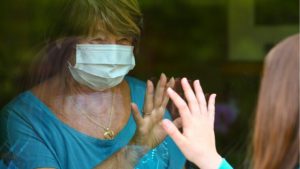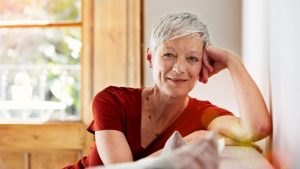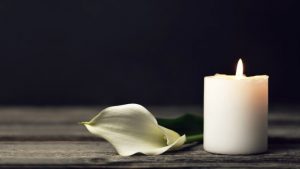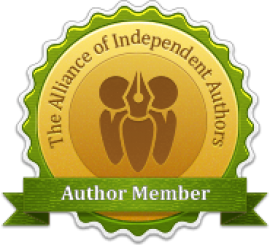
We’re all a bit scared right now. Indeed, if we aren’t, we should be. The tentacles of Covid-19 are everywhere and getting worse. And we are warned that health systems are under serious strain.
In England, where the new, more contagious strain has begun to predominate, the problems are doubtless magnified. We are told that in some areas, ambulances are piled up outside hospitals, because there is no room inside.
You wear a mask, you wash your hands frequently, and you do your best to avoid other people in shops or even walking down the street. Whatever happens, you know you don’t want any emergency to happen right now requiring hospital care.
But what if it does?
Seriously high blood pressure
My blood pressure, like that of so many older people, has been rising little by little over the years. Every time I attend my local health practice, they tend to check it and remark it is on the high side, but no need for action yet.
About a week ago, it had risen again, and I was advised to take a reading every day at home to see how it was doing. I bought a monitor and was duly taking readings twice a day and noting them down.
Then one late afternoon, the reading was higher than normal – just after a series of relatively trivial irritations.
My broadband connection was down, I had phoned my provider and struggled with its automatic answering system. I don’t know anyone who doesn’t find these irritating, but the bottom line came when the voice told me my mother’s maiden name was wrong. I swore at the phone and hung up.
And rising still
Taking my blood pressure shortly after, I noted the reading was considerably higher than normal, but went to have dinner. Afterwards, I thought I would just check that it had gone down, to assure myself. It hadn’t – it had gone up! According to the chart, it was at a dangerous level.
What to do? My husband exclaimed that I should in no circumstance go to the local hospital, because of fear of my catching Covid. I rang my most knowledgeable family member, and she said I absolutely needed to be in a hospital – the reading was that serious. I could have a heart attack or a stroke.
Even more tribulations
I phoned 999 (the emergency number), where I was asked some questions and then told no ambulance was available for four hours! I should get myself to the hospital by taxi, but first I should ring 111, the number for medical advice.
That number said there was no one available to take my call and I should go online. But I couldn’t. My internet connection was down.
I felt completely helpless.
Situations like what I experienced make you realise how stranded people are when there is no way to get to help.
I decided I had to be brave. We phoned a taxi and, with great trepidation, got me to the hospital.
The hospital
This is a good London hospital. I have been there numerous times and even had my second child there. But it looked bleak at 9 pm. A lady at the entrance to Accident and Emergency asked what the issue was – and they wheeled me in.
From that point on, they were marvellous. Of course, they immediately checked my blood pressure, and it was even higher, dangerously so. They then did an ECG. The nurse said they were more worried about a stroke Than a heart attack. Not good news, in my view.
I was looked after by two or three nurses, coming in and out as needed, plus a doctor. There was no sign of any people with Covid, as Covid patients turned out to be in a completely different area. The nurses wore masks and gloves of course, but no PPE. Indeed, it was very calm, like any emergency room after hours.
They immediately gave me medication to lower the blood pressure, tested my blood and urine, and monitored me for roughly two hours. The readings were duly going down. There were no other signs to worry them, and I was allowed to go home at 11 pm.
Just before I left, I asked the doctor what had happened. He said that he thought it was most likely an example of a vicious circle: my blood pressure went up, so it worried me, so it went up further and so forth. He did not think it was serious, but advised me not to take my blood pressure when I got home!
After thoughts
I was glad I had gone, and my doctor confirmed the next day that I had done the right thing. But I can’t say I wasn’t scared.
And I am hugely grateful to that family member who insisted I go.
Four days later, my blood pressure is already coming down. But I am not keen to phone my broadband provider again.
This post was initially published by SixtyandMe.com



 A well-known saying floated into my head recently: “The past is another country.” Interesting, I thought, and wondered who said it first.
A well-known saying floated into my head recently: “The past is another country.” Interesting, I thought, and wondered who said it first.
